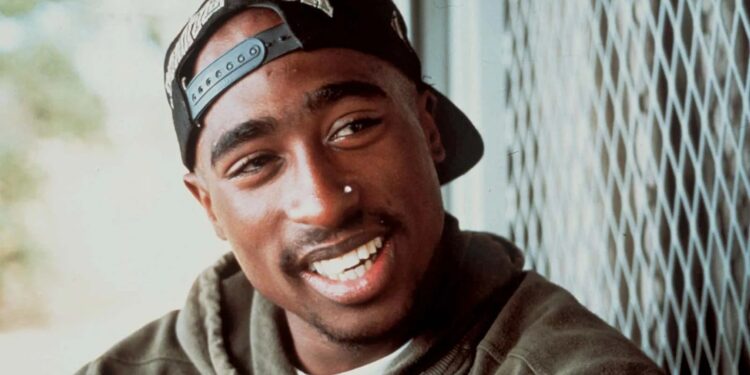Tupac Shakur, often referred to as 2Pac, remains an enduring icon in the world of hip-hop and beyond. Born on June 16, 1971, and tragically taken from us on September 13, 1996, Tupac’s life was a whirlwind of talent, controversy, and profound social commentary.
At the heart of Tupac’s artistry was his ability to weave raw emotion and stark reality into his lyrics. His music was a powerful reflection of the tumultuous environment he grew up in, encapsulating the struggles of marginalized communities, systemic injustice, and the harsh realities of street life. Songs like “Dear Mama” and “Brenda’s Got a Baby” showcased his storytelling prowess, addressing themes of poverty, addiction, and maternal love.
Tupac’s magnetic charisma wasn’t confined to the recording studio. He was also a gifted actor, starring in movies like “Juice” and “Poetic Justice,” demonstrating his versatility as an entertainer. His performance in “Juice,” in particular, showcased his ability to portray complex characters with depth and authenticity.
Beyond his artistic talents, Tupac was a fervent advocate for social change. He used his platform to shed light on issues such as police brutality, racial inequality, and the plight of the African American community. He wasn’t afraid to criticize political figures and institutions, earning him both praise and condemnation. His activism extended beyond words; he founded the “Thug Life” movement, which aimed to provide resources and opportunities for underprivileged youth.
Tupac’s life was marked by controversies and legal troubles, including a prison sentence for sexual assault, which continues to spark debates about his legacy. However, it’s crucial to remember that he was a complex figure, unafraid to confront his own demons in his music and interviews.
Twenty-seven years after his untimely death, Tupac’s influence endures. His music still resonates with new generations, and his impact on hip-hop culture is immeasurable. He is remembered not only as a rap legend but as a symbol of authenticity, resilience, and the enduring struggle for justice.
In conclusion, Tupac Shakur’s legacy transcends the boundaries of music. He was an artist, an activist, and a voice for the marginalized. His work continues to inspire and provoke thought, reminding us of the power of art to challenge societal norms and ignite change. Tupac’s words and music will forever echo in the hearts and minds of those who seek truth, justice, and the unapologetic expression of self.
newshub




Recent Comments